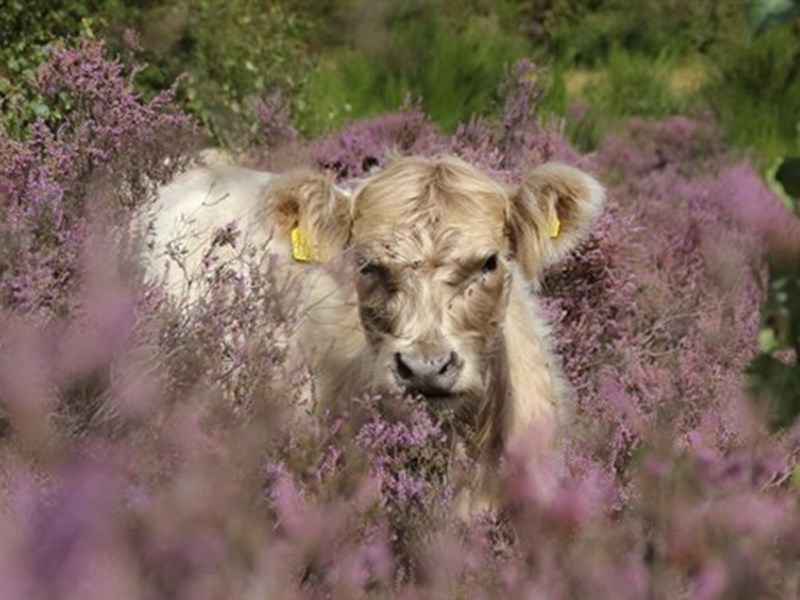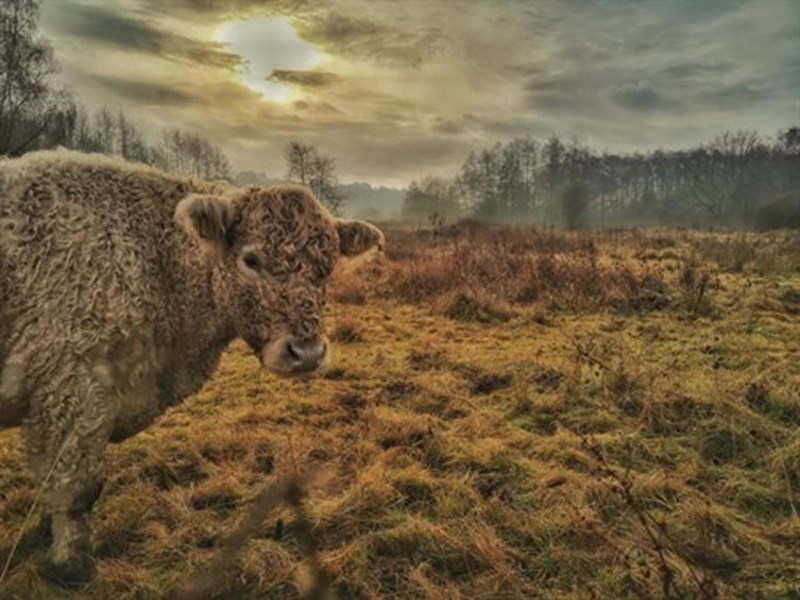Grazing animals project
The Ranger Service works in partnership with the Worcestershire Wildlife Trust, Natural England and local land owners to graze conservation sites across the district.
Conservation grazing is a natural and sustainable alternative to mechanical mowing of these sites and the selective nature of the grazing produces a tussocky appearance, providing a diverse range of structural habitats for insects, reptiles and amphibians. Our main livestock are cattle, but pigs and sheep are also used to achieve specific conservation aims on some sites. The cattle‘s diet is not restricted to grass, they enjoy eating a wide range of vegetation including brambles, leaves, bark and Himalayan balsam. Their hooves also break up bracken and rushes, so they are essential for managing the spread of invasive and undesirable plant species.
Our herd are Shetland cattle which are a native and a rare breed. This type of cow was selectively bred on the Shetland Isles, to give them a very hardy nature and an ability to cope in harsh conditions with poor grazing. The breed is recognised by the Rare Breed Survival Trust as being ‘at risk’, so our breeding herd is very important for their preservation. They are a small breed with a good temperament and so are good to graze sites that are used by the public and dog walkers.
Please continue to enjoy the reserves as normal but also follow this advice:
DO
- Be prepared for the cattle to react to your presence, especially if you have a dog with you.
- Keep a reasonable distance from the cows and quietly walk around the herd.
- Keep your dog close and under effective control on a lead.
- Wash your hands as soon as possible if you come into contact with the cows or their faeces.
DON’T
- Hang onto your dog if you feel threatened by the cows – let it go.
- Panic or run. Most cattle will stop before they reach you. If they follow, just walk on quietly.
- Attempt to feed or pet the cattle
The cows are checked daily by the Rangers, but should you have any concerns please contact us on 01562 732928.


